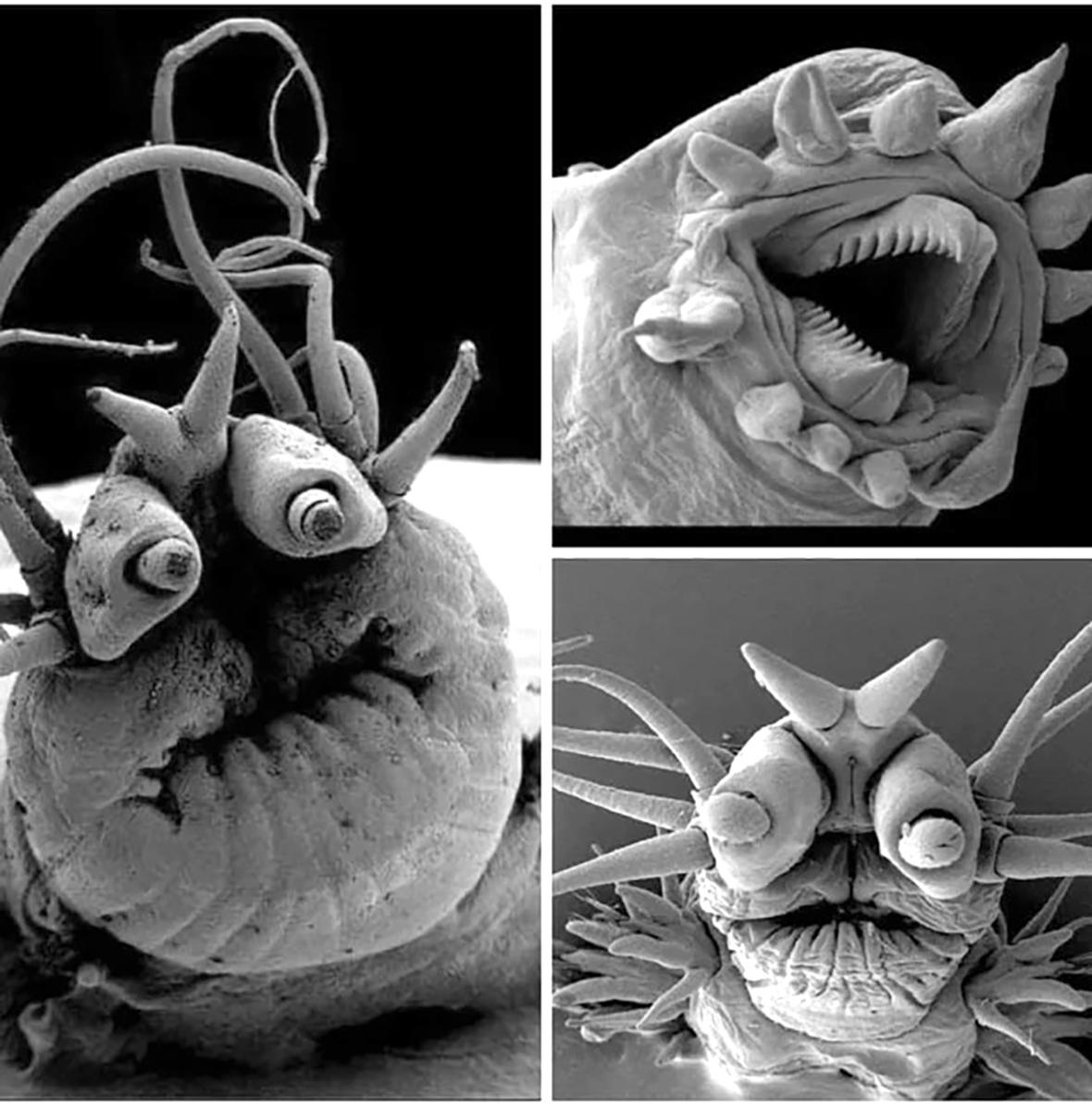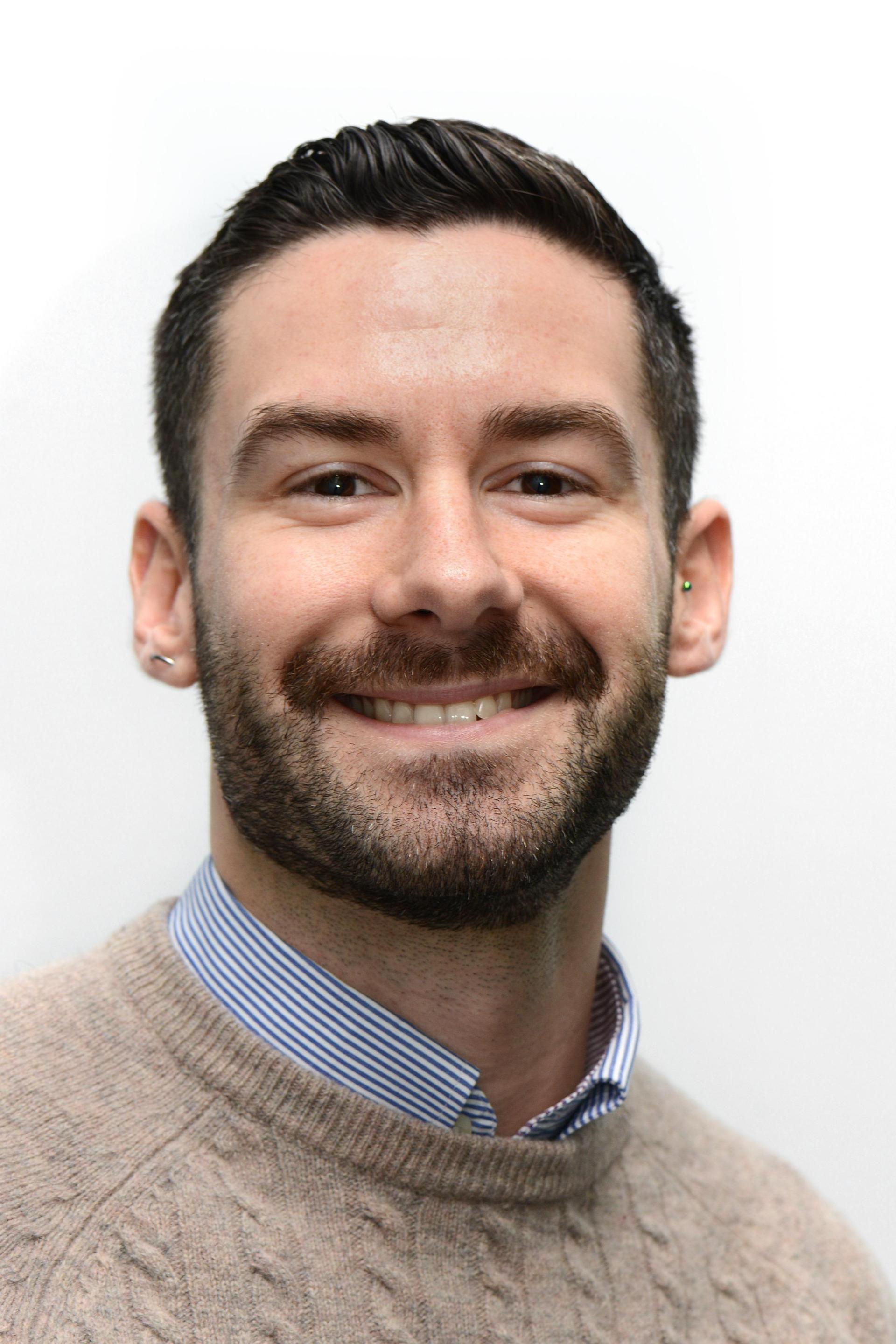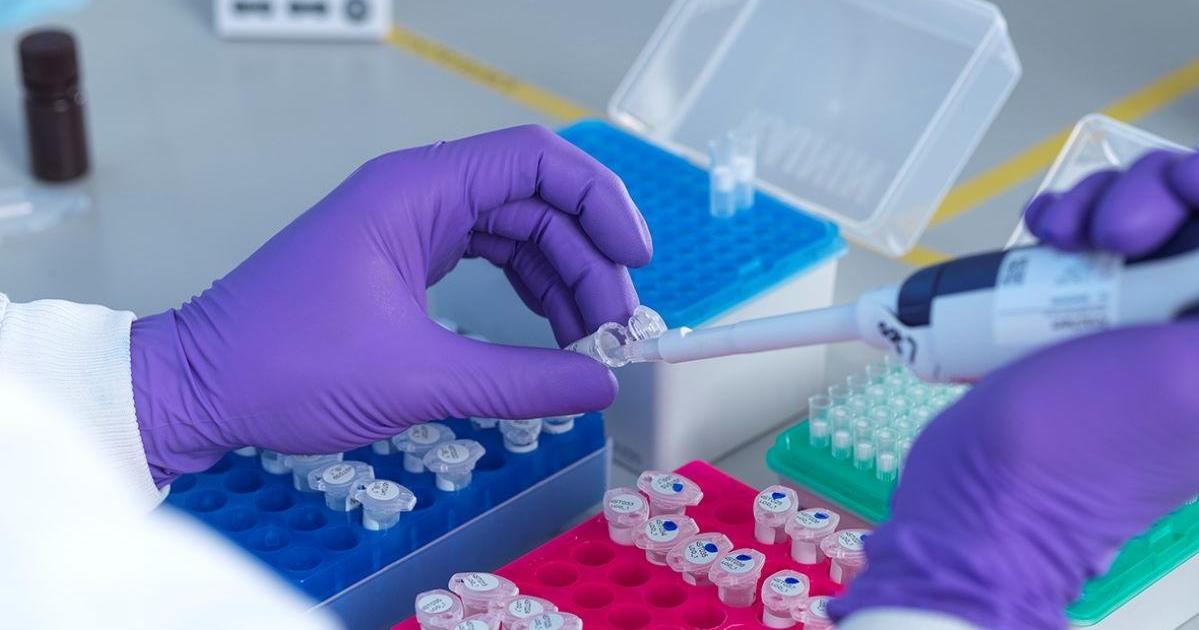Over the past decade, the UK has quietly led a global revolution in healthcare: leveraging cutting-edge DNA technology to diagnose diseases faster, tailor cancer treatments more precisely, and even screen newborn children for life-threatening conditions through a groundbreaking research study.
Central to this transformation is Genomics England, a government-owned company that I have proudly served for the past five years as a bioinformatics engineer, currently specialising in rare disease analysis.
My journey into this domain began at the University of Edinburgh in 2016, where I earned an MSc in informatics with a focus on bioinformatics. There, I honed essential skills in programming, data analysis and genetics, preparing me for the complex challenges of translating raw genomic data into powerful, real-world health insights.
Founded in 2013, Genomics England’s debut achievement was the 100,000 Genomes Project, a partnership with the NHS to sequence the whole genomes of patients with rare diseases and certain cancers. That milestone is now woven into routine care: whole-genome sequencing (WGS) is offered across the NHS through Genomic Laboratory Hubs (GLHs) from Newcastle to London.
Within this ecosystem, my current role centres on refining the rare disease bioinformatics pipeline, a system of software tools and algorithms that take raw DNA data and process it to identify potential disease-causing genetic variants.
These pipelines align and filter the genome data, interpret its meaning using databases and models, and help clinicians understand what might be going wrong at a molecular level.
Genomics England’s impact is extensive. The Generation Study is now using WGS to screen newborn babies for more than 200 rare genetic conditions. These conditions usually appear in the first few years of life, can be improved if caught early, and can be treated in the NHS. Our secure Research Environment also offers de-identified genomic and clinical datasets to trusted global collaborators, fostering innovation in cancer, rare conditions and even pathology using computational tools.
Ethics, data privacy and public trust underpin everything we do. Participants provide informed consent, data is de-identified, and rigorous governance ensures that families remain in control of how their information is used.
As a Maltese scientist based in London, I am honoured to be part of this mission that bridges cutting-edge science with compassionate care. From Edinburgh’s lecture halls to Genomics England’s pipelines, the journey has been both demanding and deeply rewarding.
What we build here in the UK sets a blueprint for healthcare worldwide – and to think, it all started with taking a deep dive into code, data and DNA.
Photo of the week
 Deep sea worms as seen under an electron microscope.
Deep sea worms as seen under an electron microscope.
Sound Bites
• Researchers are using an advanced brain imaging method called MEG to understand why Parkinson’s drug levodopa does not work equally well for everyone. By mapping patients’ brain signals before and after taking the drug, they discovered that it sometimes activates the wrong brain regions, dampening its helpful effects. This breakthrough could pave the way for personalised treatment strategies, ensuring patients receive medications that target the right areas of their brain more effectively.
• Scientists have uncovered a surprising new way that urea (an essential building block for life) could have formed on early Earth. Instead of requiring high temperatures or complex catalysts, this process occurs naturally on the surface of tiny water droplets, like those in sea spray or fog. At this boundary between air and water, a unique chemical environment allows carbon dioxide and ammonia to combine and spontaneously produce urea, without any added energy. The finding offers a compelling clue in the mystery of life’s origins and hints that nature may have used simple, everyday phenomena to spark complex biological chemistry.
For more soundbites listen to Radio Mocha every Saturday at 7.30pm on Radju Malta and the following Monday at 9pm on Radju Malta 2 https://www.fb.com/RadioMochaMalta/.
DID YOU KNOW?
• Landlocked Belarus made it to the 2025 beach football world cup final. They lost to Brazil.
• Researchers can identify someone from their breathing pattern with 97% accuracy.
• Word of the day: Maru-Hara (Japanese slang) – being passive aggressive by ending a text message with a full stop; literally a ‘circle (or full stop) harassment’.
• In 2022, a fossil-fuel pipe leak in Turkmenistan emitted methane at 427 tonnes per hour, equivalent to the emission rate for the whole of France.
• To teach Arsenal football team the importance of staying alert at all times, manager Mikel Arteta once hired a team of professional pickpockets who stole their valuables while they ate dinner.
For more trivia, see: www.um.edu.mt/think.

